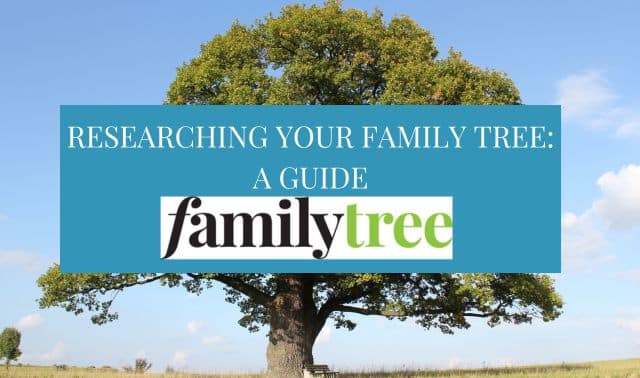Our top 10 pointers barely scratch the surface of the useful how-tos passed down over the issues. Some other timeless tips we’ve shared:
- Work back in time one generation at a time. Skipping generations can lead to tracing the wrong people.
- Network with others. You won’t find answers only in records—they often come from fellow researchers and distant cousins you connect with through social networking, message boards and e-mail.
- Study social history. Understanding the world your ancestors lived in can help point your research in the right direction, and explain migrations and record gaps.
- Check every available source. Even if the first record you find has the answers you need, keep turning over every rock—you never know which document may contain a detail you’ll need later.
- Seek alternative and substitute sources. Grandpa’s birth record went up in flames with the courthouse? Check to see if another repository has a copy, and look for a newspaper announcement or baptismal certificate that contains the same information.
- Always go to the original record. Errors often sneak into genealogical information transcribed in databases and published in other secondary sources; you might find additional details in the originals, too.
- Cite your sources. How else will you keep track of where you found what? Documentation prevents you from duplicating your efforts—and shores up the credibility of your work.
For more of our best research strategies, see the January 2010 article “Vintage Advice.”
From the January 2010 Family Tree Magazine




